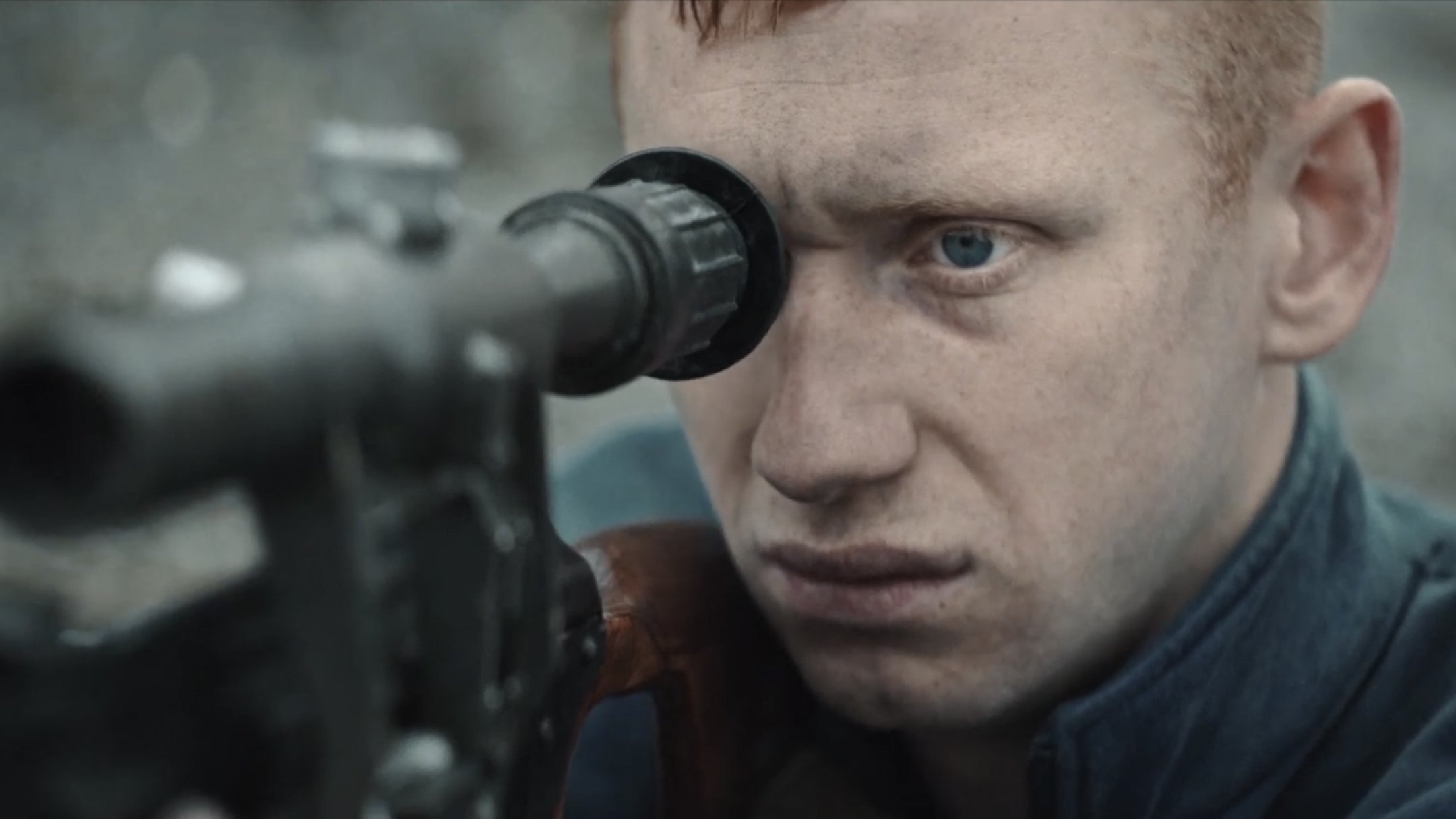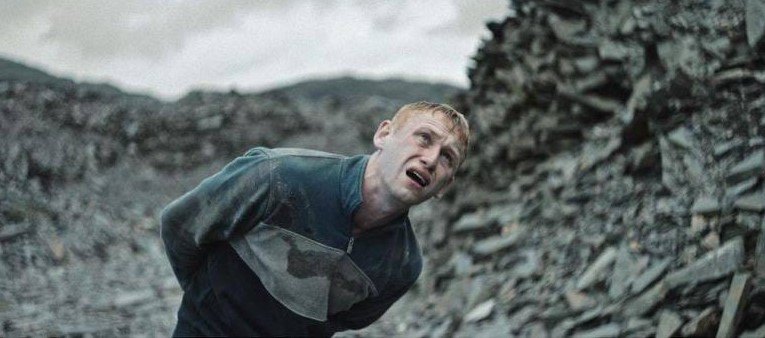"Rock, Paper, Scissors" is the graduation film of the British-German director Franz Böhm, who moved from Stuttgart to study film directing at the National Film and Television School in London. Before that, he worked as a documentary filmmaker for the major German television channel ZDF. The idea for Rock, Paper, Scissors came to him after he met Ivan, a Ukrainian soldier who was training in the UK. The story of how he had to survive in the midst of hostilities and try to save others moved Böhm. The director wrote the script together with Ivan. According to the film's end credits, Ivan died in the war in January 2024.
Although Rock, Paper, Scissors is a short film with a running time of only 20 minutes, the director manages to create a tense atmosphere and a feeling that a third of an hour is not enough for this story. First of all, this effect is created by Hsien Yu Niu's cinematography. The young cinematographer, who has little experience yet, uses the method of a moving camera, constantly following the character of Oleksandr Rudynskyy, periodically swaying from side to side. This technique works perfectly: every frame of the film is full of dynamics, and the degree of tension is turned up to the max. This is complemented by the already used but still effective method of double exposure: the viewer sees the appearance of the Russians through the optics of binoculars or a sniper scope, through which the character of Oleksandr Rudynskyy is looking.

Let's not ignore the elephant in the room and talk about the lead actor, whose performance is the basis of the entire film. For several years now, Oleksandr Rudynskyy has been building his career in the West quite confidently, acting mainly in TV series. In particular, in the multi-episode adaptation of the cult spaghetti western Django, in the Netflix miniseries Decameron, in the spy thriller The Agency by George Clooney and Grant Heslov. Working with the novice Böhm was an unexpectedly outstanding success for Rudynskyy.
Without exaggeration, Rudynskyy creates this film. The palette of his acting changes from warm childish mischief when he plays with the smallest inhabitants of the bunker to icy fear when he first holds a sniper rifle. The ending of the film is as tragic as you can imagine, and Alexander plays it with surprising subtlety, expressing mute horror and despair, which only underlines the courage of the hero, which he does not realise. The BAFTA mask, which the actor dedicated to the memory of his fallen friend Yevhen Svitlychnyy and all Ukrainian defenders, is definitely a well-deserved award.

"Rock, Paper, Scissors" is a tragic story full of tension and dynamics about how sometimes help does not come from anywhere, and you have to make decisions yourself and take responsibility for saving your loved ones. It's about what many Ukrainians (and not only Ukrainians, if we expand this topic globally) faced during the full-scale invasion. On the other hand, this film is also about the fact that even with all the will, with all the courage and ingenuity one finds in oneself, one is not always able to overcome challenges, that sometimes chance can completely rewrite a person's fate. This film is the embodiment of the living memory of Ivan, a Ukrainian soldier who wanted to live his life differently, but Russian aggression completely changed his fate with its shells and bullets. Perhaps, this is more important than all the possible awards that this film has already received and will receive.








